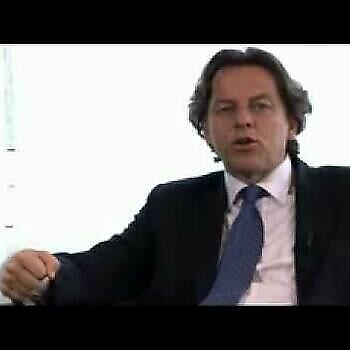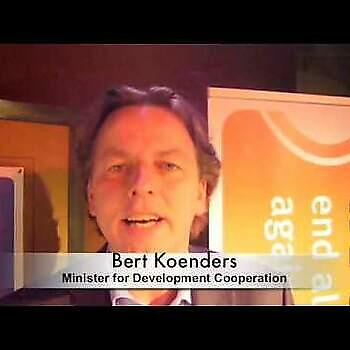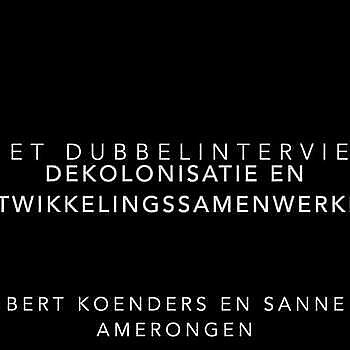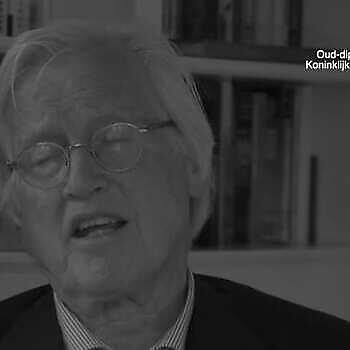Social Organizations & Business
Businesses, social organizations, and citizens also had to contribute their share. Koenders introduced the term "global citizenship," which represents the contribution that these three entities can make to sustainable global development. He outlined his policy in the document "Een zaak van iedereen (A Matter for Everyone)," in which Koenders emphasized the importance of partnerships. At the ministry's initiative, Dutch companies and NGOs entered into the "Schokland Accords," in which they documented the efforts they intended to make for developing countries. Koenders pushed private organizations to collaborate more, making it a requirement for them to be eligible for co-financing.
Development Thinking
In early 2010, the Scientific Council for Government Policy (WRR) called for comprehensive reforms in development policy, including greater attention to "global public goods." In recent times, the understanding of global interdependence has gained ground: cross-border issues can no longer be solely addressed within national boundaries. Humanity has become increasingly interdependent due to globalization, free trade, and the internet.
The awareness of interdependence is reinforced by a series of interconnected systemic crises that have shaken the belief in the free market and the neoliberal economic model since 2008. The financial and economic crisis highlights that global financial sector oversight is inadequate and that deregulation benefits only a portion of the world's population.
The climate crisis, as well as the growing scarcity of energy and other resources, demonstrates that unbridled (but essential for poverty reduction) economic growth exceeds the Earth's carrying capacity. The global food crisis reveals the dangers of a rising world population and the limitations of alternative land use (e.g., for biofuels). Currently, 70 percent of the poor no longer live in the poorest countries but mainly in so-called middle-income countries (often "emerging powers"), where technical assistance or external funds are becoming less relevant. This leads to a world characterized by increasing inequality within countries, rather than the previous inequality between countries, making poverty more of a distribution problem
Notes:
- Een zaak van iedereen: Investeren in Ontwikkeling in een Veranderde Wereld
- Beleidsnotitie Maatschappelijke Organisaties: Samenwerking, Maatwerk, Meerwaarde
Sources:
- Ontwikkelingssamenwerking in vogelvlucht.
- Wie is Bert Koenders?, One World
- Biografie Koenders
- De keuzes van Koenders, One World
Extra:



